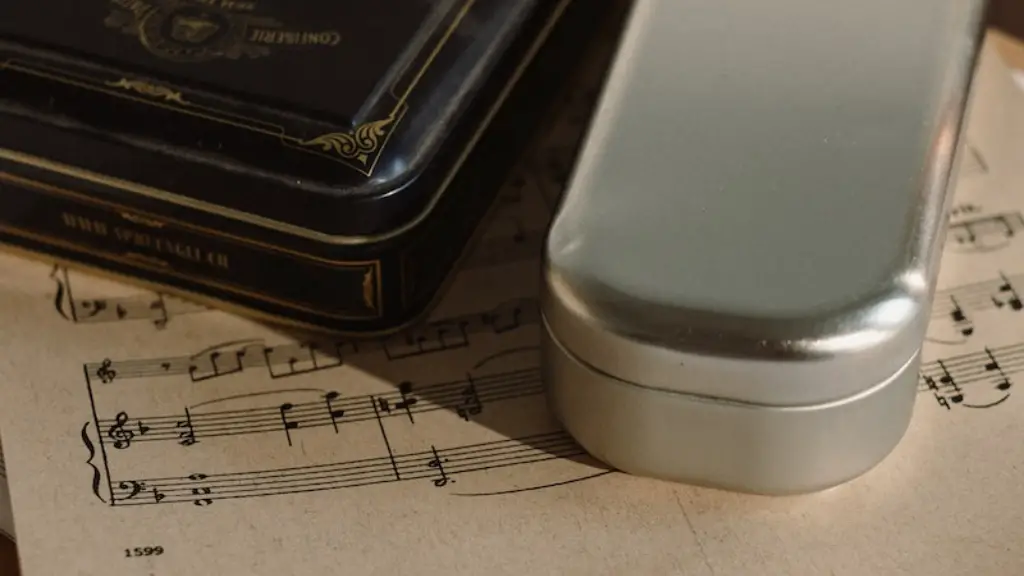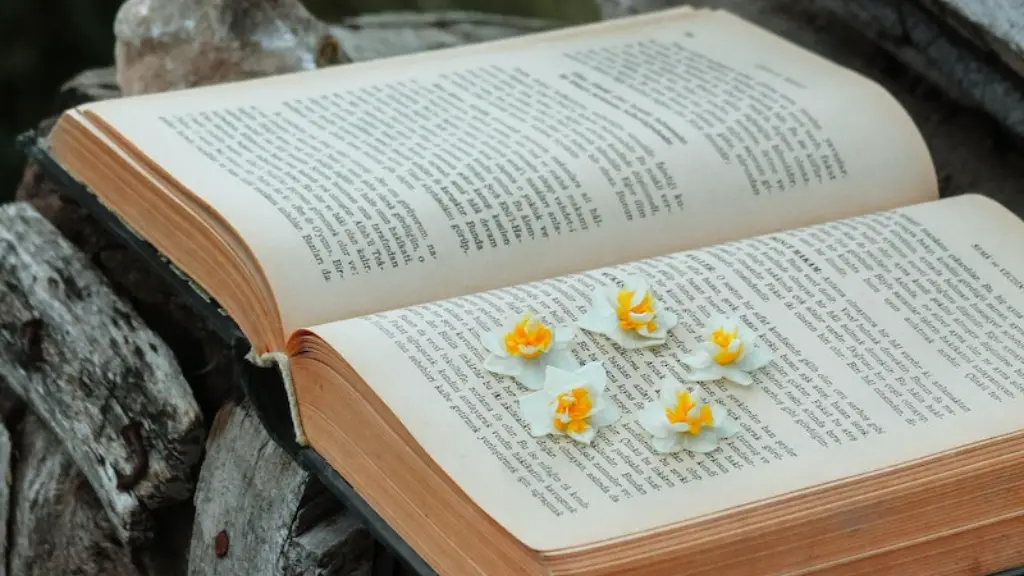Definition of Poetry Quotes
Poetry quotes are a form of literary expression, using words and language to create powerful and evocative images, sounds, emotions and thoughts. Quotes are generally shorter than regular poems, and often focus upon a single phrase or idea. Quotes can provide insight and understanding into a particular subject, or allow readers to identify with the sentiments of the quote. In some cases, quotes are also used as a form of expression, though typically they are used to express a single thought or feeling.
History of Poetry Quotes
The concept of quoting poetry can be traced back to the ancient Greeks and Romans, who used the practice to highlight wisdom and teach lessons to a wide audience. Quotation of poetry was also used in the Middle Ages, most prominently in the works of Dante, who famously quoted poetry in his epic poem The Divine Comedy. During the Renaissance period, the practice became increasingly popular and it remains prevalent today, with many authors and poets sharing concise statements about life, art, and human nature.
Benefits of Poetry Quotes
Poetry quotes can have strong positive effects on our overall well-being. Quotes allow readers to identify with the writer, creating connections across time and culture. Additionally, reading and understanding quotes can help people to better find meaning in their own life experiences, sparking insight and self-reflection. Additionally, poetry quotes can have strong interpretive effects, allowing the reader to ask deeper questions about the intentions of the author, and think critically about the construction of the quote.
Types of Poetry Quote
There are many different types of poetry quotes, all of which are used to express different thoughts, feelings, and sentiments. Examples of popular types of poetry quotes include inspirational, romantic, spiritual, and humorous quotes. Inspirational poetry quotes are designed to encourage, uplift, and challenge the reader to reconsider their outlook. Romantic poetry quotes focus upon feelings of love and the romantic experience. Spiritual poetry quotes can help readers to think more deeply about their own sense of morality and faith. Finally, humorous quotes are intended to bring laughter and lightheartedness to the reader.
Examples of Poetry Quotes
One of the most famous examples of a poetry quote is Robert Frost’s “The Road Not Taken”, which reads “Two roads diverged in a yellow wood, and sorry I could not travel both.” This quote is often interpreted to mean that each person must make difficult choices in life, often without knowing the eventual outcome. Another memorable quote is Aristotle’s famous quotation “It is the mark of an educated mind to be able to entertain a thought without accepting it.” This phrase encourages readers to remain open to new ideas and constantly challenge their own beliefs.
Popular Poets and Poetry Quotes
Many poets have become well-known for their powerful use of short quotes. William Wordsworth is often remembered for his quote “The world is too much with us; late and soon,” a phrase that speaks to the overwhelming power of modernity. Walt Whitman is another well-known poet, with his famous quote “O me! O life! of the questions of these recurring.” This quote speaks to the cyclical nature of life’s questions, and its often-confusing nature.
How to Use Poetry Quotes
People use poetry quotes for a myriad of reasons. Many people use quotes to express their feelings on social media or in cards and letters. Others may use quotes to inspire or motivate themselves during difficult times. Often, quotes are hung or displayed as reminders or mottos. Additionally, poetry quotes may be used to spark conversation and exchanges of opinion during book clubs or discussion groups.
How to Write Poetry Quotes
Writing poetry quotes requires an understanding of language and the use of powerful imagery. Generally speaking, a good quote should have a strong, impactful message with limited words. Poetry quotes can be derived from existing works of literature, or an author can craft their own quote. Quotes should also aim to provoke an emotional reaction from the reader, and give insight into the underlying theme of the poem.
The Impact of Poetry Quotes
Poetry quotes have become an incredibly important part of modern culture, inspiring people and providing a platform for individuals to express their thoughts and feelings. Quotes are timeless and memorable, allowing people to gain insight into their lives and the world around them. Due to their concise nature, quotes can reach a wide audience, fostering connection and understanding.
Analysis of Poetry Quotes
Analyzing poetry quotes can help readers to gain deeper understanding of topics and themes. Analysis of quotes can provide insight into different ways of interpreting the quote, allowing us to hear different perspectives and draw our own conclusions. Through analytical processes, readers can deconstruct the quote and gain a greater understanding of its intended message, while also forming our own unique interpretations.
Education Around Poetry Quotes
As the practice of quoting poetry and analyzing its impact becomes increasingly popular, so too does the need for education about poetry quotes. Teaching about poetry quotes can help to foster a love of language and the formation of thought-provoking connections. Moreover, educational systems can facilitate open conversations between students, teachers, and peers about the impact of poetry quotes, allowing for meaningful dialogue and connections.
Technology and Poetry Quotes
The rise of technology has had a huge impact upon how people share and think about poetry quotes. Technology has allowed us to share quotes quickly and easily across vast distances. Moreover, technological tools have enabled us to better analyze quotes, allowing us to learn more about the deeper meanings of the quotes. Finally, this technology has given us access to countless quotes and interpretations, creating an almost never-ending supply of quotes and allowing us to find powerful messages and connections everywhere.



